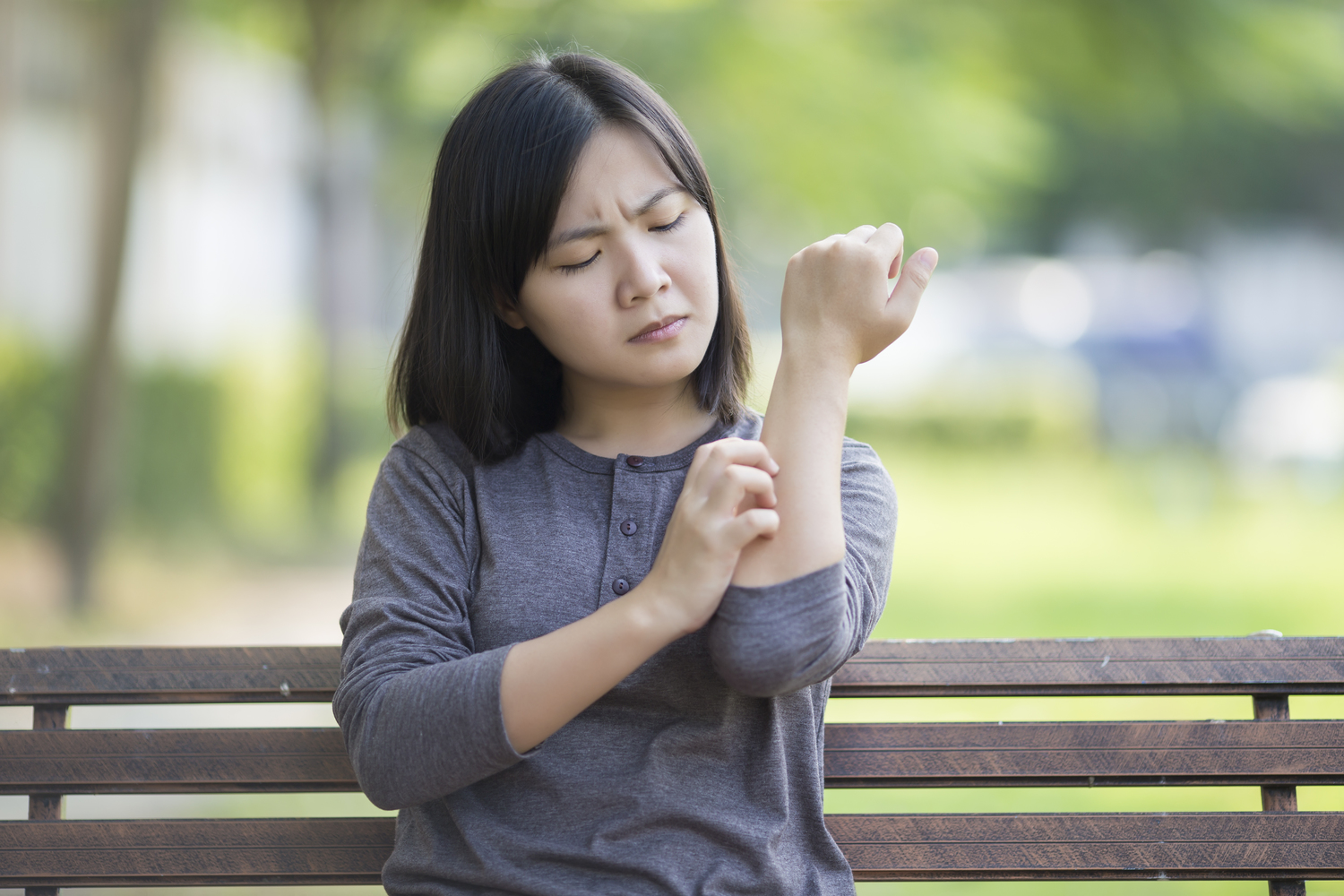
Treating Eczema and Skin Allergies
Eczema is an allergy that affects the skin in dry, red, raised patches of flaky skin that itches. In severe cases eczema may cause blisters, or oozing, crusting skin. Also referred to as atopic dermatitis, which refers to skin conditions that affect the immune system—whereas simple dermatitis refers to inflammation and swelling of the skin. While the majority of eczema cases are not due to allergies, the patient may suffer flare ups when exposed to triggers causing an allergic reaction and triggering an immune-response.
When it comes to managing eczema and skin allergies, most doctors prescribe treatments that treat symptoms (i.e., affected skin) and prevent the condition from flaring up:
1. Home Care
Certain natural remedies that can be done at home may help boost the health of skin and minimize symptoms, for instance:
- Lukewarm baths
- Moisturizing the skin regularly
- Wearing soft, breathable clothing (i.e., cotton)
- Excessive sweating should be avoided
- Avoid known allergens
2. Medications for eczema
There are different types of medications that can be suggested by doctors to treat eczema, such as topical creams and oral tablets that contain steroids (prednisone), methotrexate, azathioprine, cyclosporine, and mycophenolate mofetil. Topical corticosteroids creams are applied directly to the affected area to reduce swelling, itching, and redness.
3. Antibiotics
In some cases, bacterial skin infections can occur from the scratching associated with eczema. Antibiotics may be prescribed when infections occur.
4. Phototherapy
Phototherapy treats affected eczema-prone skin by exposing it to ultraviolet radiation. These radiations are either A or B or combined forms of both.
Although eczema is not curable, the symptoms are definitely manageable and flare ups are preventable. Skin care and proper medication suggested by a doctor can help reduce eczema response in patients and reduce frequency of attacks.


